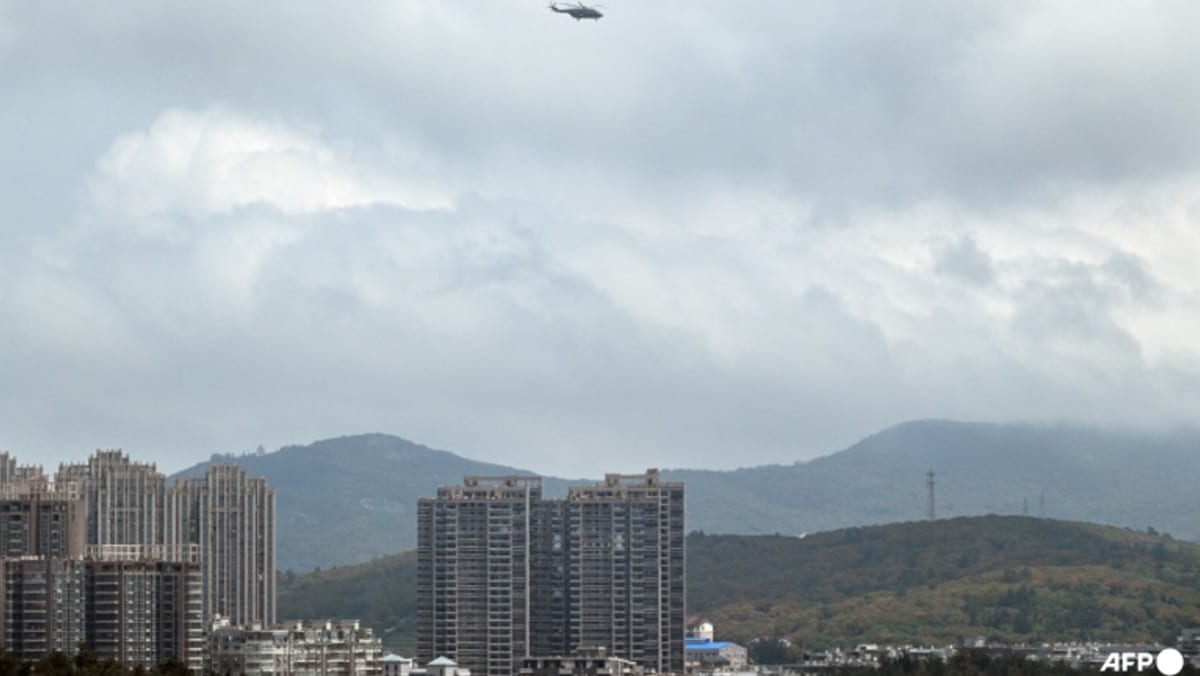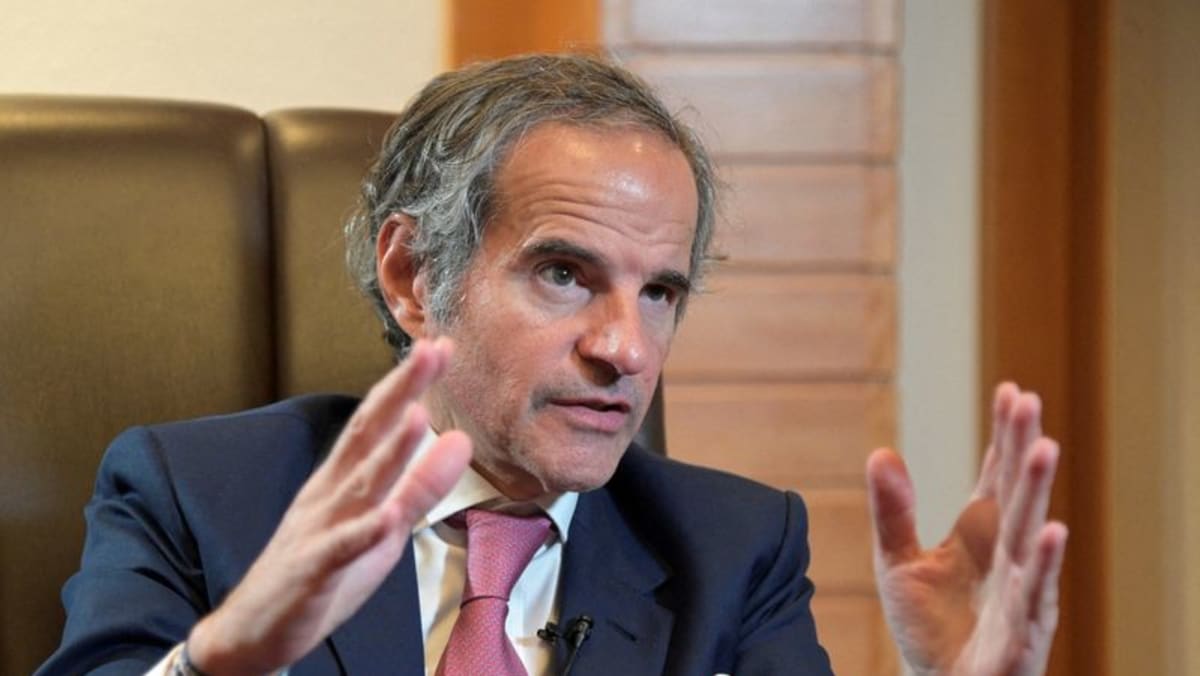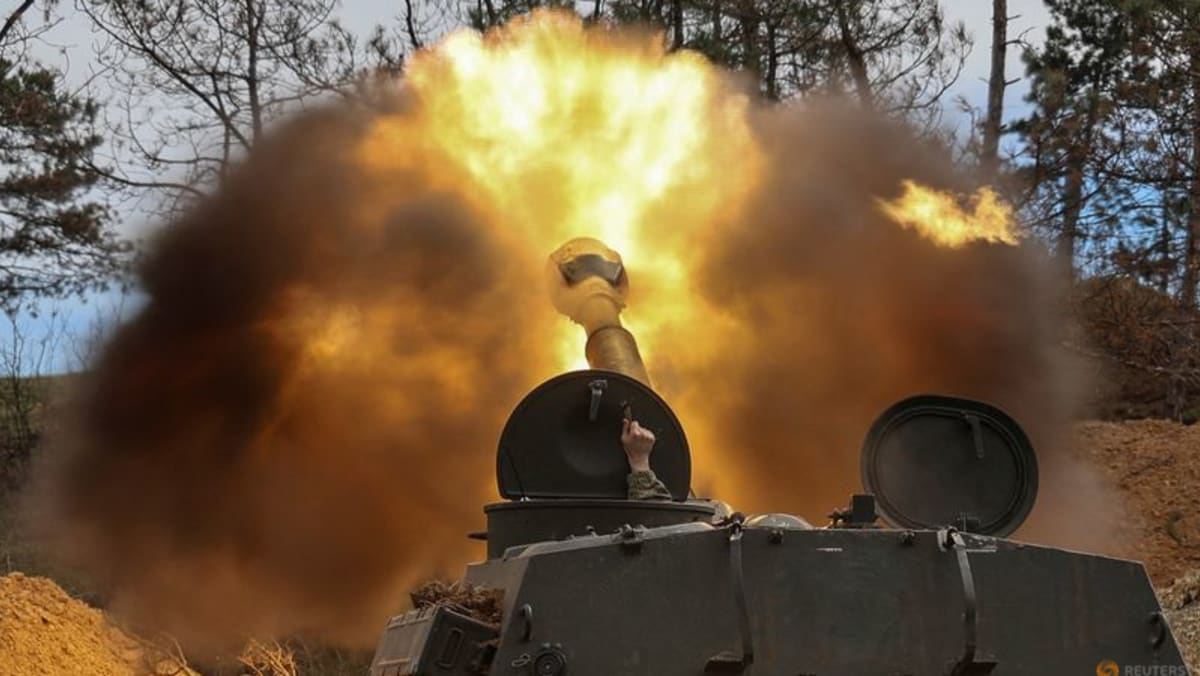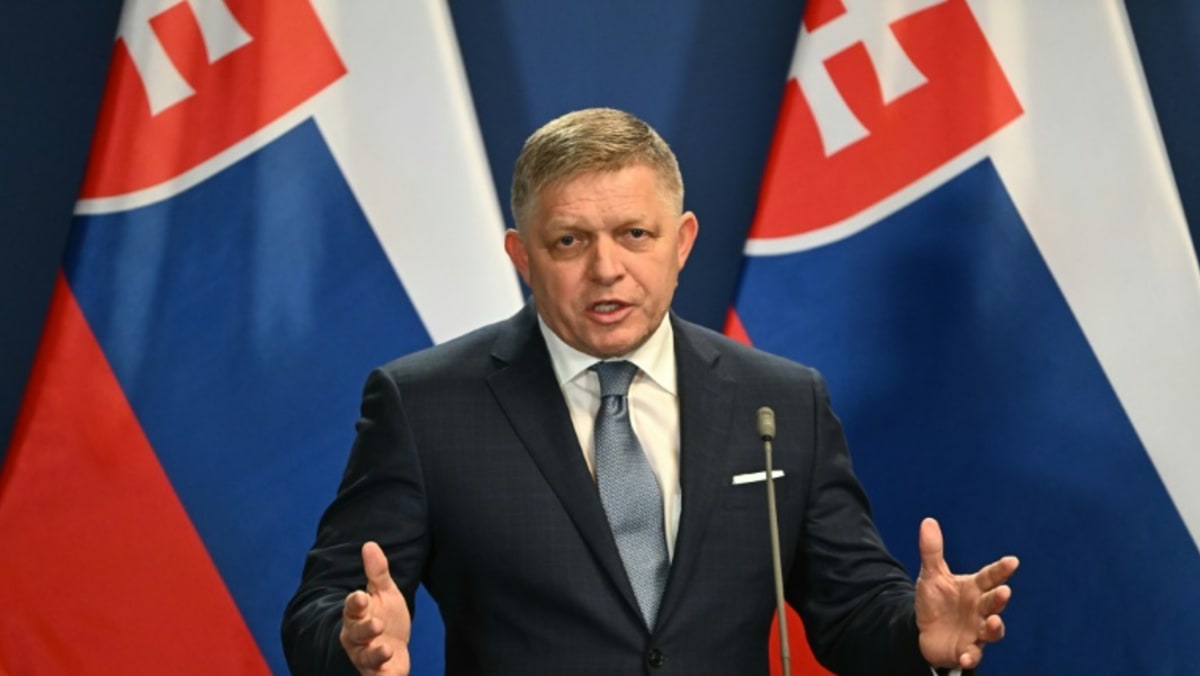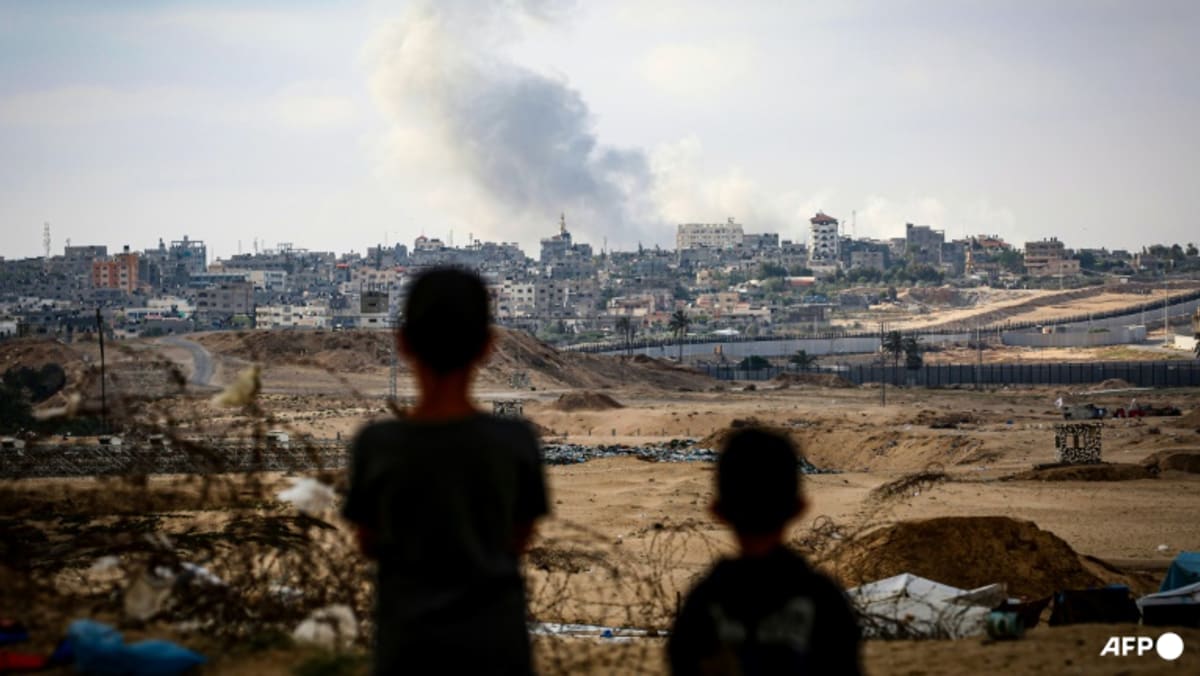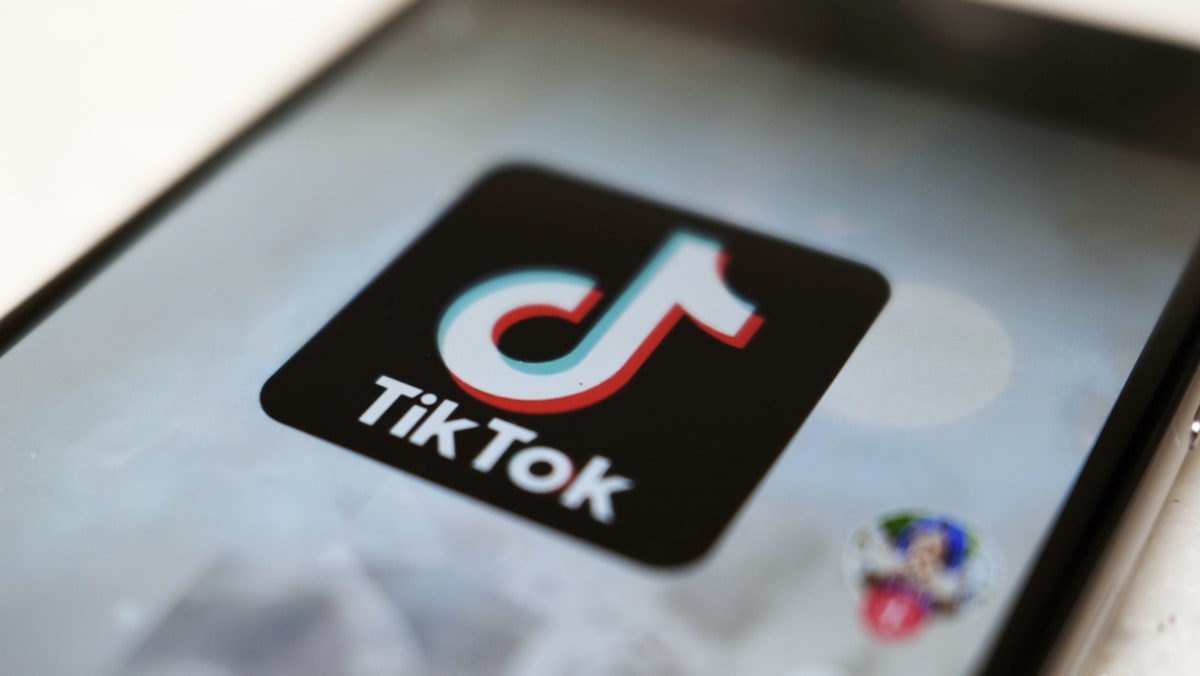DOUBTS
The IAEA has now lost track of parts of Iran’s nuclear programme of which the deal gave it oversight, such as the number of centrifuges – machines that enrich uranium – Iran possesses. The IAEA describes this in its reports as losing “continuity of knowledge”.
That has raised fears Tehran could set up a secret enrichment site, although there is no indication of one, diplomats say.
“The IAEA is understandably more concerned about the invisible, rather than the visible, part of Iran’s nuclear programme,” said Ali Vaez of the International Crisis Group.
Iranian nuclear chief Mohammad Eslami, speaking about Grossi’s visit, said on May 1 that Tehran hoped to strengthen cooperation with the IAEA, Iranian media reported.
The Biden administration’s reluctance to seriously confront Iran at the IAEA’s 35-nation Board of Governors, which meets again in a month, has fed doubts over Grossi’s leverage.
“Is he likely to get anything? I don’t know,” a diplomat said, echoing widespread scepticism since the Joint Statement.
They added, however, that Grossi would not normally go without a clear sense of what Iran was prepared to agree to.
“Everyone knows this is a game Iran plays ahead of the Board of Governors meetings, where it routinely overpromises in order to avoid a censure and then underdelivers,” analyst Eric Brewer of the Nuclear Threat Initiative said.
“Grossi is well aware of that strategy, too. The key question is whether he can get anything concrete from Iran.”
